
Members of the Rivers State House of Assembly have insisted that the impeachment process against Governor Siminalayi Fubara and his deputy, Prof. Ngozi Odu, will continue, describing it as the only solution to the political crisis in the state.
The lawmakers made this known on Friday while briefing journalists, after the Assembly failed to reconvene on Thursday as scheduled.
Taking turns to address the media, the legislators maintained that the impeachment proceedings were constitutional and in line with their legislative responsibilities.
They dismissed criticisms of the process, insisting that the Assembly was acting within the provisions of the law to address what they described as a political impasse in Rivers State.
The briefing came a day after the Assembly, led by Speaker Martin Amaewhule, failed to resume plenary on Thursday, exactly one week after adjourning its last sitting.
The House had, at its sitting last week, initiated impeachment proceedings against Fubara and his deputy over alleged gross misconduct.
The allegations included the demolition of the Assembly complex and spending public funds without legislative approval.
However, the impeachment move has faced political pushback, with four lawmakers between Monday and Wednesday formally withdrawing from the process and calling for an amicable resolution of the crisis.
Despite expectations that the Assembly would reconvene on Thursday, there was no indication that plenary held, fuelling speculation about internal divisions within the House.
The lawmakers, however, said on Friday that the impeachment process remained on course.
More details later…
All rights reserved. This material, and other digital content on this website, may not be reproduced, published, broadcast, rewritten or redistributed in whole or in part without prior express written permission from PUNCH.
Contact: [email protected]



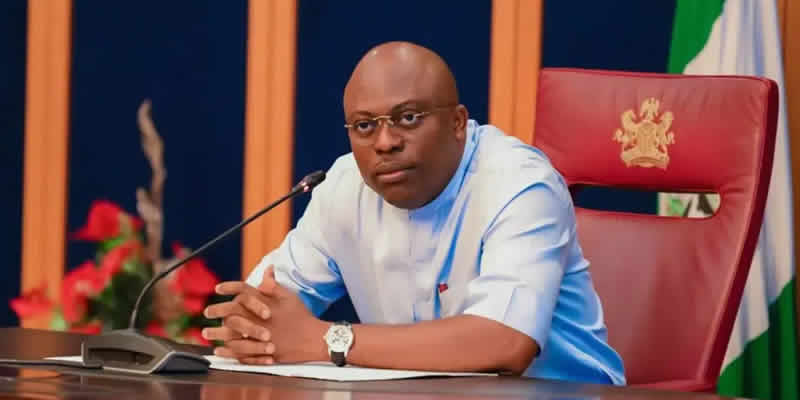

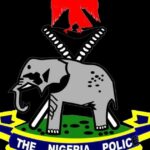



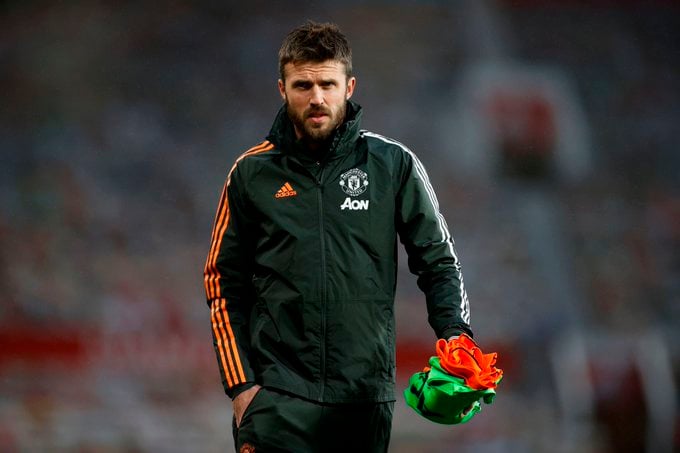
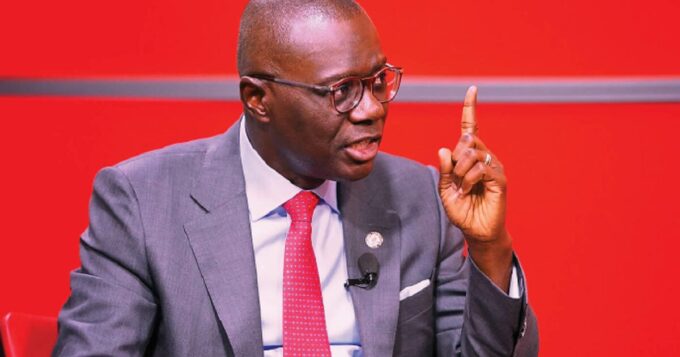

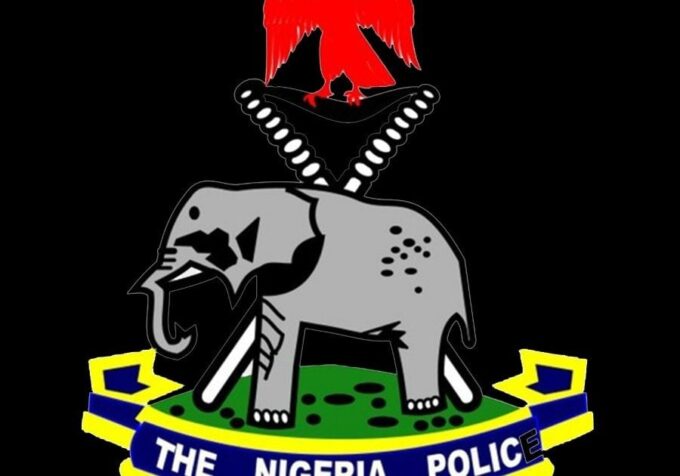





Leave a comment